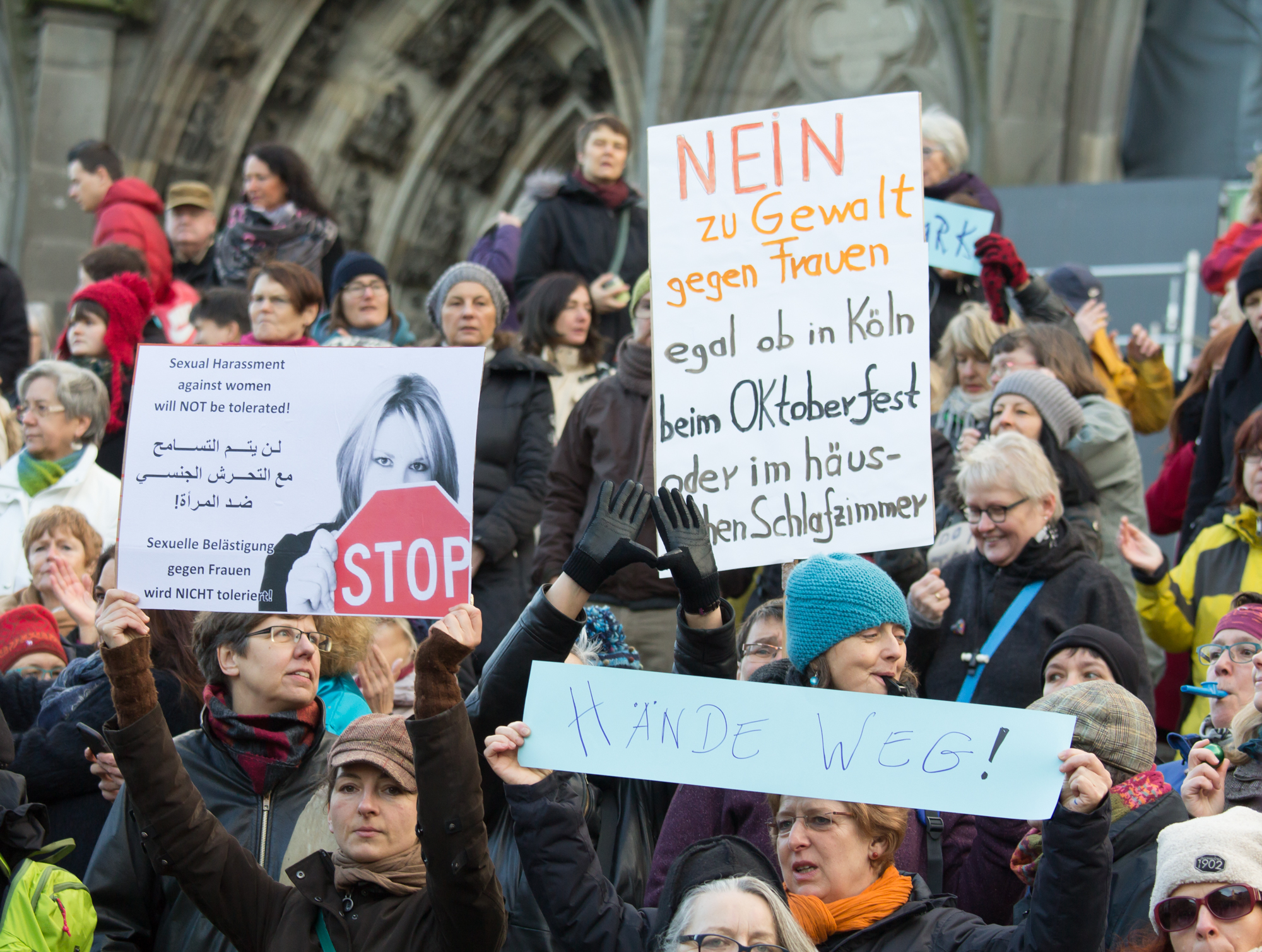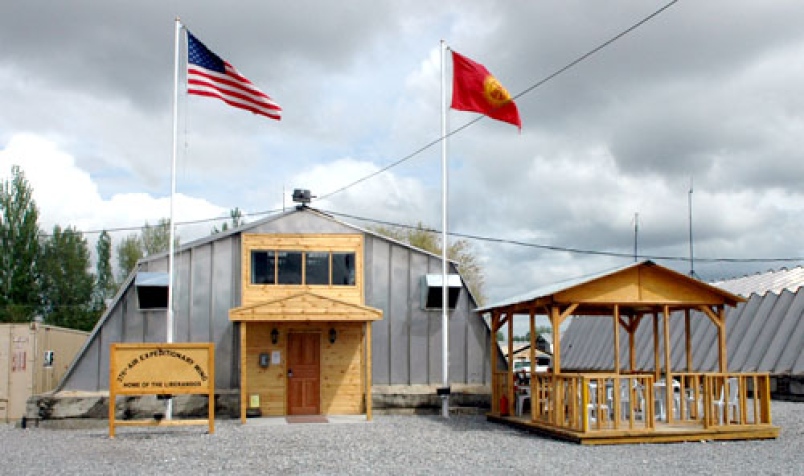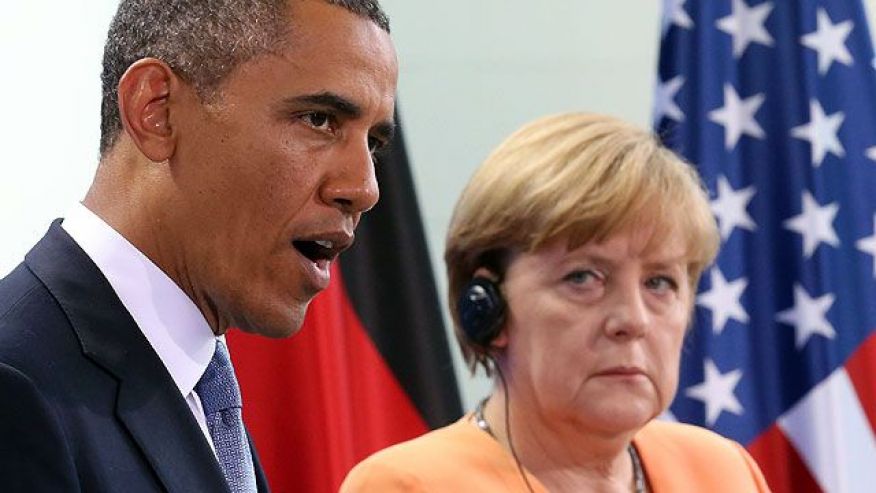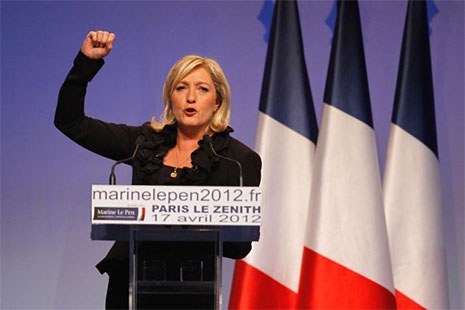The political future of Europe has recently become clouded with questions and concerns as far-right political parties are rising in unison across numerous nations. Countries such as Austria, Denmark, France, Germany, Norway and Sweden have implemented new policies in response to the growing rise in popularity of right-wing politics in Western Europe. In light of the refugee crisis that has hit Europe in the past year, numerous countries participating in Schengen have showed us what a world without a borderless Europe might look like.
Currently, only a third of the EU is governed by the centre-left. The worry is not regarding centre-right parties, however, but nationalist groups that have been labeled xenophobic by political analysts. From liberal Scandinavia to the southern-most region of Europe in Greece, far-right parties displaying dangerous and aggressive tendencies have won support all across the continent.
Germany’s three recent regional elections saw the far-right and anti-immigration party “Alternative for Germany” claim a major success by winning support in each state, results that would have been unthinkable a year ago. The party’s leader, Frauke Petry, has previously proposed that firearms be used against refugees entering Germany in certain situations; his party is now the third most popular in Germany.
Denmark’s “Danish People’s Party” recorded 21% of the 2015 general election vote – their greatest performance ever – and became the second-largest party. Their growing public support has allowed stricter policies to be put in place such as seizing refugees’ valuables.
In Switzerland, the Swiss People’s Party recorded one of their greatest election results in history with just under 30% of the vote, becoming the strongest party present. This is a party that has advocated segregating asylum seekers and banning them from public places like pools and libraries.
In Italy, Matteo Salvini heads the far-right group “Northern League” and has made numerous xenophobic statements. He’s advised razing Roma camps and has claimed that a discussion between Pope Francis and Muslims is damaging and harmful for Catholics. His party has just seized 20% of the vote in Tuscany, Italy’s most left-wing stronghold, and looks to capitalize on other regions of the politically divided nation as well.
These parties were traditionally relegated in nations like Germany, but a detailed analysis can be made showing an enthusiastic response to far-right policies in numerous nations. The voice they use to instil fear and hate is proving to be a loud one that is ever growing, with the democratic world clearly frustrated with how their current governments are handling the various crises. The results experienced in Germany, especially given their sensitive history with right wing politics, is a clear scolding from the people of Germany to their Chancellor Angela Merkel.
There is no question that most European countries suffered in the past few years, whether it was financial or migrant crises, and the people are displaying their dissatisfaction with their government. Europe’s proximity to Syria has led to mass migration and formed the basis for the current migrant crisis. Over a million migrants have entered Europe in 2015 alone, and widely publicized incidents like mass sexual assaults on New Year’s in Cologne have only contributed to the narrative of fear against migrants and refugee communities. Right wing groups are using this fear as a tool to capture votes from the left wing parties in their respected nations.
Many look to right wing ideology when the economy struggles, and this has been especially true in states like Greece and Italy. Conservative discussion tends to focus on fiscal accountability and the removal of the welfare state. In practice, these parties would spend lots of money on military and business at the expense of minority groups – these ideas have been resonating more and more with the voters of Europe and seem to only be gaining traction. Worries can arise when considering the nations currently experiencing financial issues as they hold the potential to turn into far-right supporting countries as many others have become.
Before the financial crisis claimed Greece, less than half a percent of the vote went to their far-right party “Golden Dawn”, an organization allegedly involved in murder and that is labeled as a criminal organization as much as it is racist. Today, the party holds 7% of the vote and although the radical left-wing party Syriza still maintains control, the poorer regions of Greece are increasingly supporting radical right-wing ideology as the months go by. The financial crisis is supporting the rising racism in political parties across Europe, especially in Greece.
The numbers are still small, but the growth does give cause for concern; these radical parties have real life consequences and we have seen this with new EU immigration policies. In recent months, countries known for liberal values have taken drastic steps to curb the influx of massive migrants.
There are now stricter border regulations in the Schengen area where it was previously a free flowing borderless region. The EU has threatened to remove Greece from the Schengen area for their lack of border control. Migrants from Afghanistan, Morocco and Algeria have been deported from Germany at an average rate of 200 a day. Sweden is prepared to expel 80,000 asylum seekers, based on a rejection rate of 45%. In Cardiff, migrants are even required to wear red wrist bands to receive food, prompting public harassment and segregation.
Reports of more and more refugees returning to their home land due to the mistreatment they receive in Europe serve to remind us that neither party is benefitting. European economies are not growing from migrants while refugees are not given a chance to start a new life. Terrorist attacks like the one that took place on the morning of March 22 in Brussels only add fuel to the radical political fire, and so it is understandable that European nations need to carry some necessary precautions for the safety of their citizens. It is also evident that European, Middle Eastern and North African leaders need to be formalizing a working solution to counter this problem. Until these regions can unite, both migrants and European citizens will continue to suffer from the rising political right in Europe.




